14 Best Benefits Of Tamarind Seeds For Skin, Hair, And Health
Soothe your throat and nourish your skin with this simple tangy ingredient.
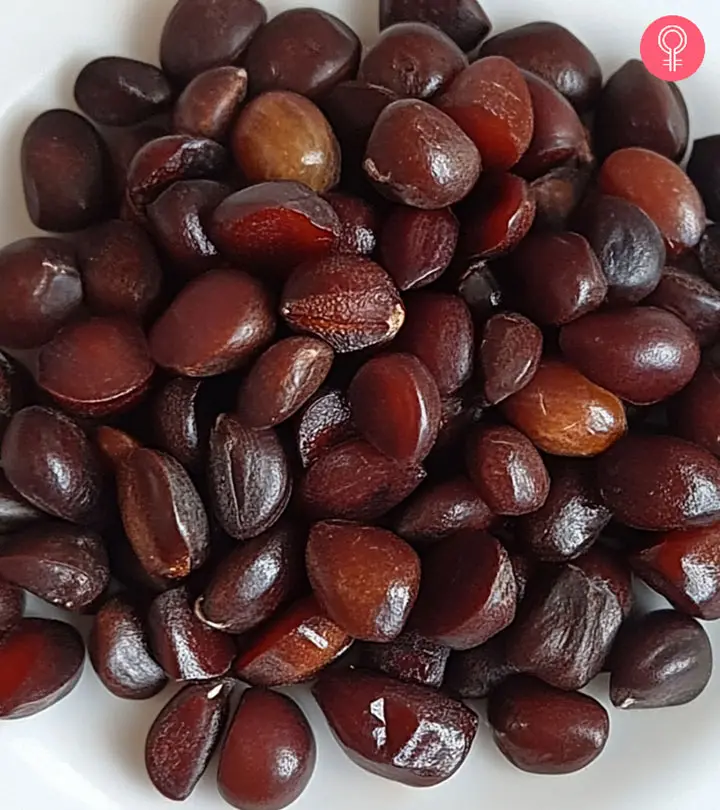
Image: Midjourney/ StyleCraze Design Team
Many people love the tangy kick that tamarind pulp adds to their dishes but are often unaware of the impressive health benefits of tamarind seeds. Well, maybe after reading about them here, you would think twice before disposing of them! Available mostly during the dry season, tamarind seeds make for a popular snack for many rural populations! Shiny polished black in color and rich in important minerals and nutrients like phosphorus, magnesium, potassium, calcium, amino acids, and vitamins, tamarind seeds offer you a range of nutrition and health benefits! Read on to know further!
 Know Your Ingredient: Tamarind Seed
Know Your Ingredient: Tamarind SeedWhat Is It?
Seed of the tropical leguminous plant tamarind (Tamarindus indica).
What Are Its Benefits?
Used in traditional medicine to aid digestion, manage diabetes, improve heart health, and protect from tonsilitis and throat infections.
Who Can Use It?
Anyone except for people with certain medical conditions or those allergic to legumes.
How Often?
It is safe to consume everyday in moderate amounts.
Caution
Consuming it in excess may cause tooth damage and digestive issues due to acidity.
In This Article
Tamarind Seeds Benefits
Let us look at the top 14 benefits of tamarind seeds:
1. Diarrhea

The red outer cover of the tamarind seed cures diarrhea and dysenteryi An intestinal infection caused by a parasite through contaminated food or water that leads to bloody diarrhea with cramps and fever. effectively.
2. Cosmetic
Extracts of tamarind seeds contain xyloglycans, which is used in many cosmetics and pharmaceutical products. They are topically used for treating minor skin rashes.
3. Arthritis
Its anti-inflammatory property eases out joint pain, especially in people suffering from arthritis. Consume ½ a teaspoon of roasted tamarind seed powder twice a day with water to boost joint lubrication which soothes pain.
4. Teeth
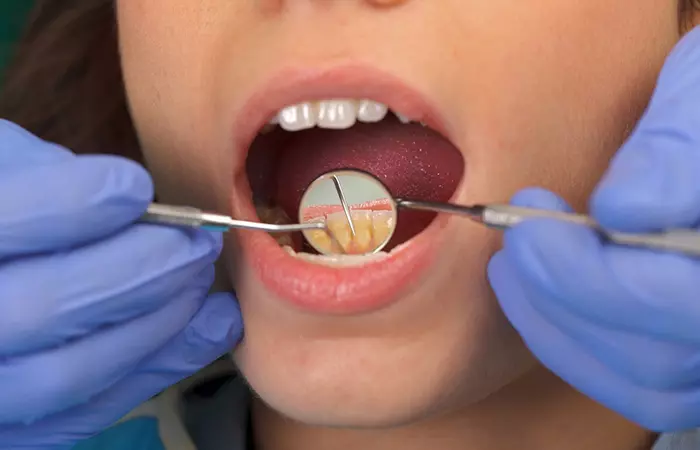
Rub tamarind seed powder on your gums and teeth, if you have weak teeth. This is beneficial for heavy smokers with heavy nicotine deposits or tartar and plaque caused by lack of dental and oral hygiene, and consumption of soft drinks. This also removes stain caused by tea, coffee, soda and smoking.
Tamarind seeds can cure all teeth related problems and clean nicotine stuck to your teeth. Consume tamarind seeds fried/roasted, mash them till they are smooth and brush your teeth with a toothbrush.
 Did You Know?
Did You Know?5. Indigestion
Tamarind seed juice is a natural remedy to cure indigestion and increase bile production
. Its rich dietary fiber contains lowers cholesterol. This helps digestion and is a great natural appetizer. This is also useful to treat stomatitis and relieve constipation.
6. Low immunity
Tamarind seeds contain immunity boosting properties that protect you from many diseases and disorders.
7. Cancer
Sticky tamarind seed juice can treat and protect you from colon cancer.
8. Antibacterial
Tamarind seed contain antibacterial benefits that can protect you from pneumonia-causing bacteria, Typhus and Staphylococcus aureus. This also protects from a bacterium that causes skin infections as well as intestinal and urinary tract infections.
9. Cough, Tonsils and Throat Infections

Tamarind seed juice can be a good mouth wash. Gargle with this to get relief from a sore throat. You can mix it with some ginger and cinnamon to treat tonsils, pharyngitisi A sore throat with pain and irritation that is accompanied by a cold or flu. Symptoms include difficulty talking and swallowing. , cold, cough, and other throat infections.
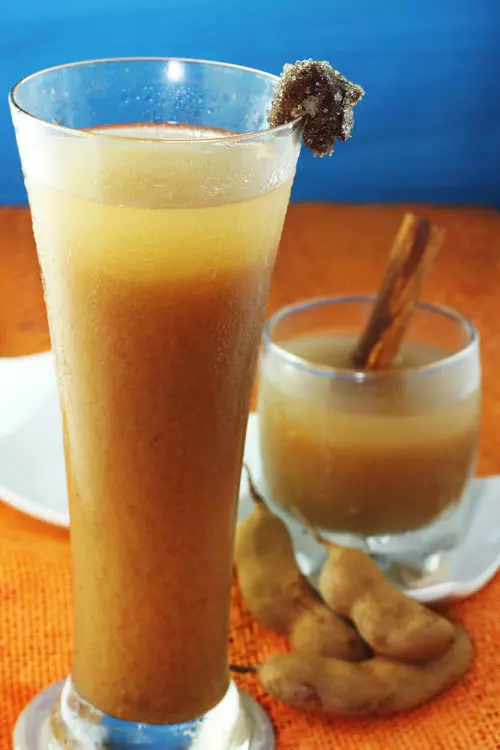
10. Diabetes
Tamarind seed lowers blood sugar levels. This protects the pancreas, which increases the size of insulin-producing cells.
11. Heart health
Tamarind seed contains potassium that can prove useful for hypertensive and heart patients.
12. Fracture

Tamarind seeds also have significance in bone health and medicine. A thick paste of tamarind seeds is applied on broken bones to cure fractures.
13. Eye drops
Extract tamarind seed juice and put a few drops in your eyes to moisturize. The juice can be heated and applied to cure conjunctivitis. Tamarind seed contains polysaccharidesi Water soluble carbohydrates that produce constituent sugar to store energy and offer structural support in plants and animals. that have adhesive properties to stick to the eye surface.
14. Skin health
Tamarind seed extracts are beneficial for skin care. Tamarind seed boosts skin elasticity, provides hydration and smoothness. This contains hyaluronic acid that helps in skin moisturization and smoothes fine lines and wrinkles. Tamarind seed is water-soluble, hence it is used for serums, gels, facial toners, moisturizers and masks. This also acts as an anti-aging formula.
 Trivia
TriviaNow that you know the benefits, let us talk about how to use tamarind seeds in your diet.
Key Takeaways
- Tamarind seed is a popular snack with vitamins, minerals, and antioxidants. Traditional medicines like Ayurveda use it extensively.
- It promotes overall health by aiding digestion, dental well-being, and immune boosting.
- The anti-inflammatory effect alleviates arthritic pain, and the anti-bacterial activity protects against pneumonia and other infections.
- Tamarind seed contains hyaluronic acid, making it an effective anti-aging ingredient.
How To Use Tamarind Seeds
Here are a few simple and tasty ways to incorporate tamarind into your meals:
- Smoothies: Blend powdered tamarind seeds into your morning smoothies for a tangy twist and extra nutrient boost.
- Soups: Add ground tamarind seeds to soups or broths to enhance their flavor and health benefits.
- Roasted Snack: Roast the seeds and sprinkle some salt to enjoy them as a crunchy, nutrient-packed snack.
- Tamarind Seed Tea: Boil the seeds for a tea base packed with minerals and antioxidants.
Experiment with these easy ideas to make the most of tamarind seeds in your everyday diet.
While there are several benefits of tamarind seeds, excessive usage may result in a few side effects. Learn what they are below.
Tamarind Seed Side Effects
Tamarind is acidic and can erode tooth enamel (1). Thus, extracts of tamarind seed may also harm the enamel layer. It is advisable to rinse your mouth after consuming it or consider consuming it in moderation to protect your dental health.
Tamarind can also interact with certain medications and have an impact on their effectiveness. According to a study, it interacts with aspirin and can lead to a significant increase in the plasma levels of aspirin and salicylic acid (2). This might affect the dosage recommendations set by healthcare professionals.
Another study noted that tamarind leaf extracts exhibited mild irritant properties due to the presence of organic acids such as citric acid, tartaric acid, and malic acid (3). Thus, tamarind seed extract may also showcase similar effects.
Infographic: 4 Incredible Advantages Of Tamarind Seeds
Tamarind is a tropical fruit that is commonly used to add flavor to Asian cuisines, like curries and pickles. However, like tamarind pulp, tamarind seeds offer therapeutic purposes and health benefits as well that many people are unaware of. Check out the infographic below to learn about some of the most remarkable advantages of tamarind seeds.
Some thing wrong with infographic shortcode. please verify shortcode syntax
Tamarind seeds are generally discarded after extracting tamarind juice. But the minerals and nutrients in the seeds can benefit you in multiple ways. These seeds can effectively manage diarrhea, arthritis, indigestion, cough, throat infections, and tonsils. They also promote cardiovascular, oral, and skin health. In addition, these seeds can boost the immune system as they have anti-bacterial properties. Tamarind seed juice is also used as eye drops for its moisturizing effects and clearing eyesight. It may help treat conjunctivitis too. Try including tamarind seeds in your routine to reap all its benefits.
Frequently Asked Questions
Is it good to eat tamarind seeds every day?
Possibly yes. Despite the lack of scientific evidence on the recommended daily intake of tamarind seeds, a couple of them every day seem to be safe.
Can tamarind seeds reduce belly fat?
Yes. Tamarinds have antioxidants, antiviral and antibacterial properties, blood glucose‐lowering, and other protective properties that help boost kidney health (5). There are many other ways they may help protect your kidney and other organs. You may consider exploring tamarind benefits to learn more about its positive effects on your health.
Is tamarind good for kidneys?
Yes. Tamarinds have antioxidant, blood glucose‐lowering, and other protective properties that help boost kidney health (5).
Is tamarind good for the liver?
Yes. Tamarinds contain antioxidants and help lower blood glucose and cholesterol. They also help boost liver enzymes (5).
How do you eat tamarind seeds?
You can eat tamarind seeds raw or roasted. You remove the seed coat and fry, boil, or ground the seeds into powder.
Image source: 1
Illustration: Best Benefits & Uses Of Tamarind Seeds For Skin, Hair & Health
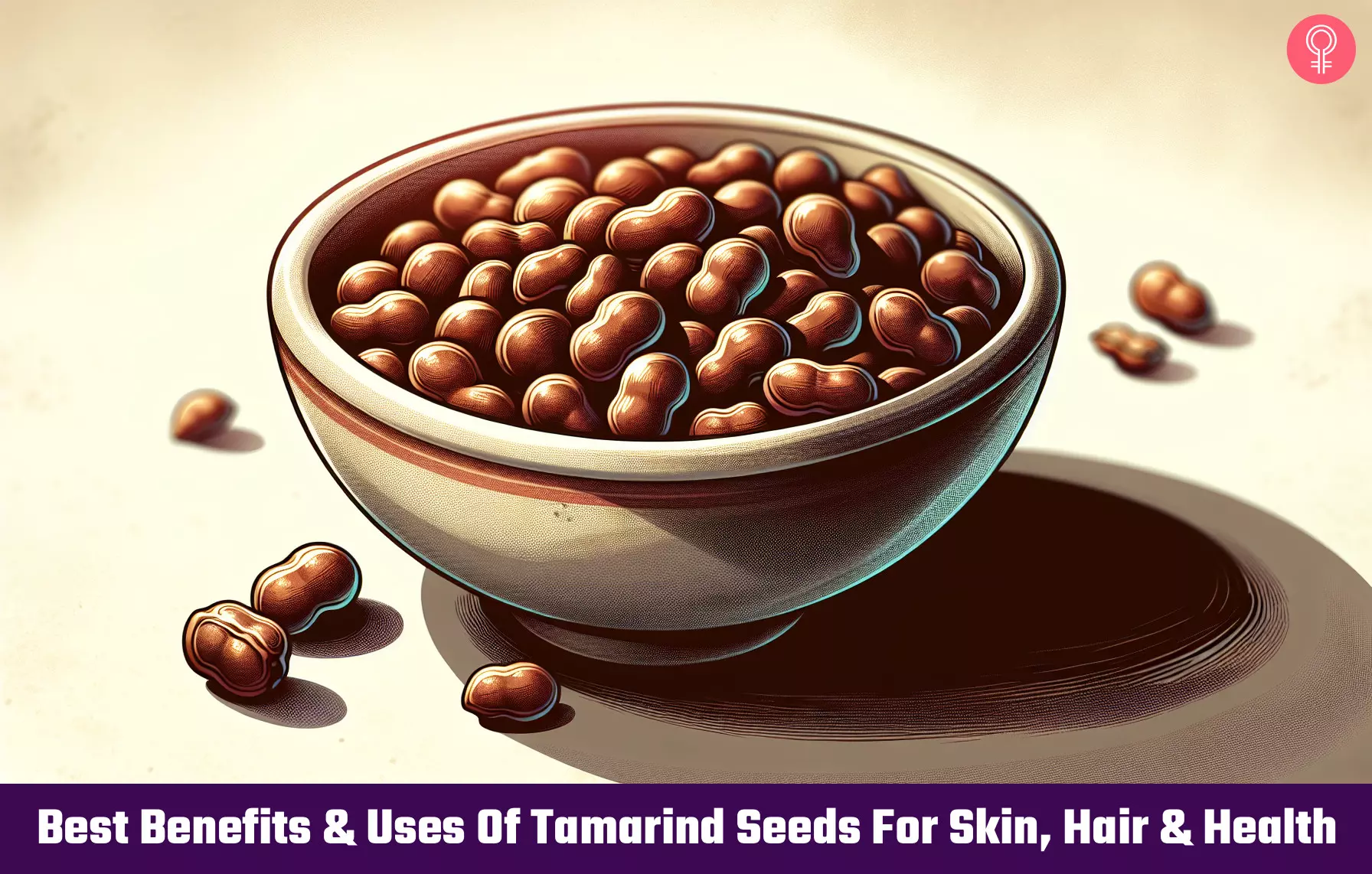
Image: Dall·E/StyleCraze Design Team
References
Articles on StyleCraze are backed by verified information from peer-reviewed and academic research papers, reputed organizations, research institutions, and medical associations to ensure accuracy and relevance. Read our editorial policy to learn more.
- Dental erosion protection by fermented shrimp paste in acidic food
https://pubmed.ncbi.nlm.nih.gov/20068304/ - Effect of Tamarindus indica L. on the bioavailability of aspirin in healthy human volunteers
https://pubmed.ncbi.nlm.nih.gov/8980919/ - Anti-inflammatory and analgesic potential of Tamarindus indica Linn. (Fabaceae): a narrative review
https://www.ncbi.nlm.nih.gov/pmc/articles/PMC6704379/ - Satietogenic Protein from Tamarind Seeds Decreases Food Intake Leptin Plasma and CCK-1r Gene Expression in Obese Wistar Rats
https://www.ncbi.nlm.nih.gov/pmc/articles/PMC6341364/ - Tamarind: A diet‐based strategy against lifestyle maladies
https://www.ncbi.nlm.nih.gov/pmc/articles/PMC6848808/
Read full bio of Eva De Angelis
Read full bio of Tanya Choudhary
Read full bio of Ravi Teja Tadimalla
Read full bio of Moksha Gandhi




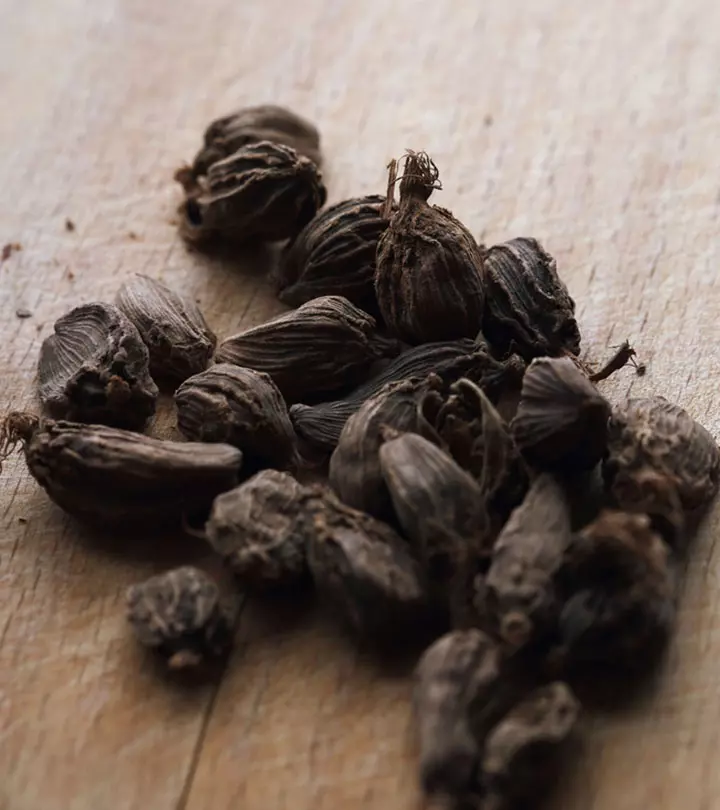

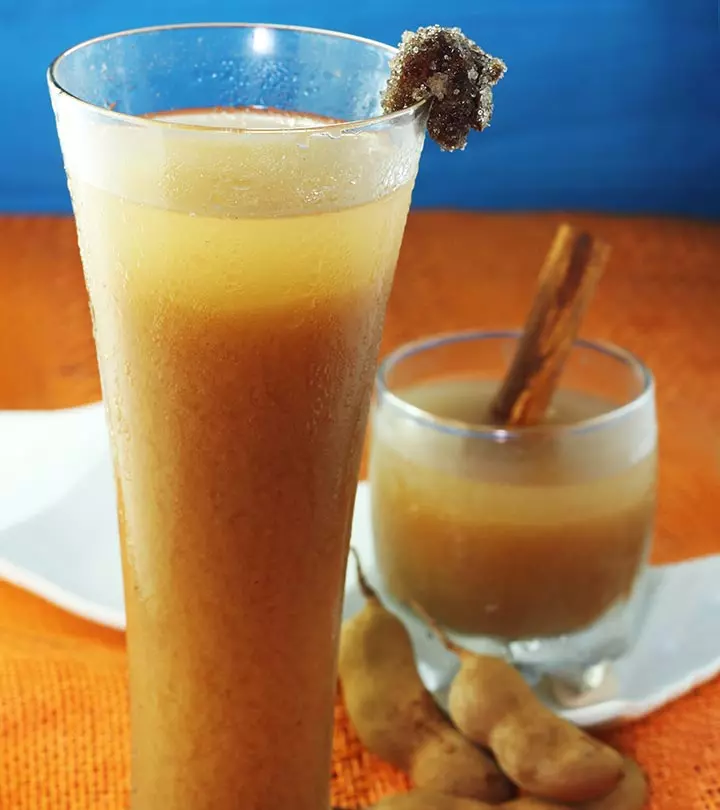
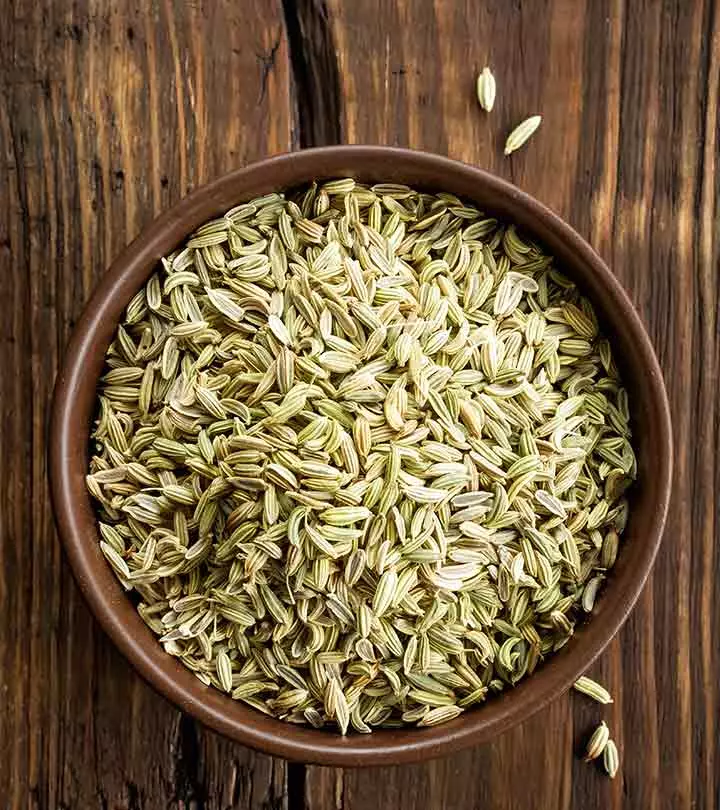
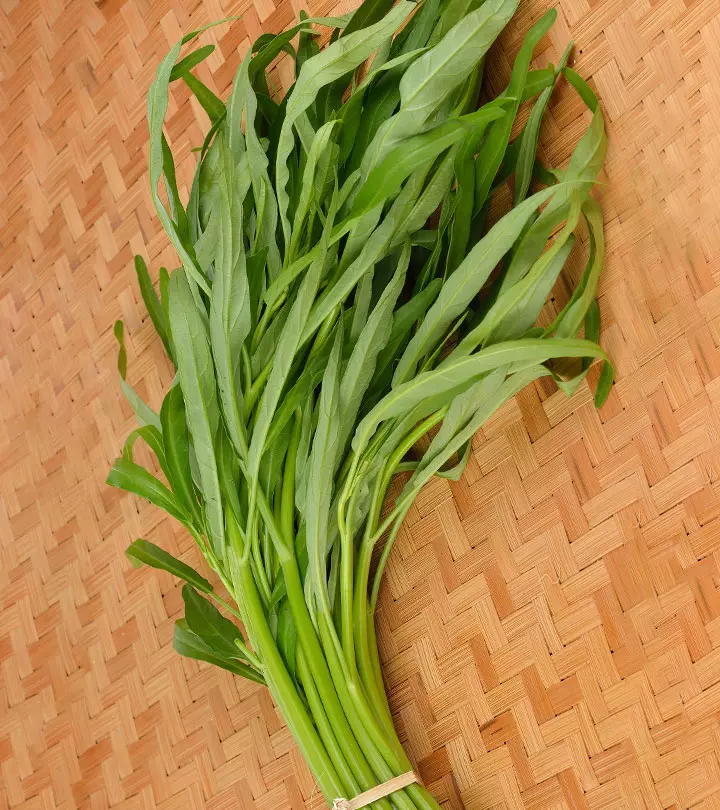
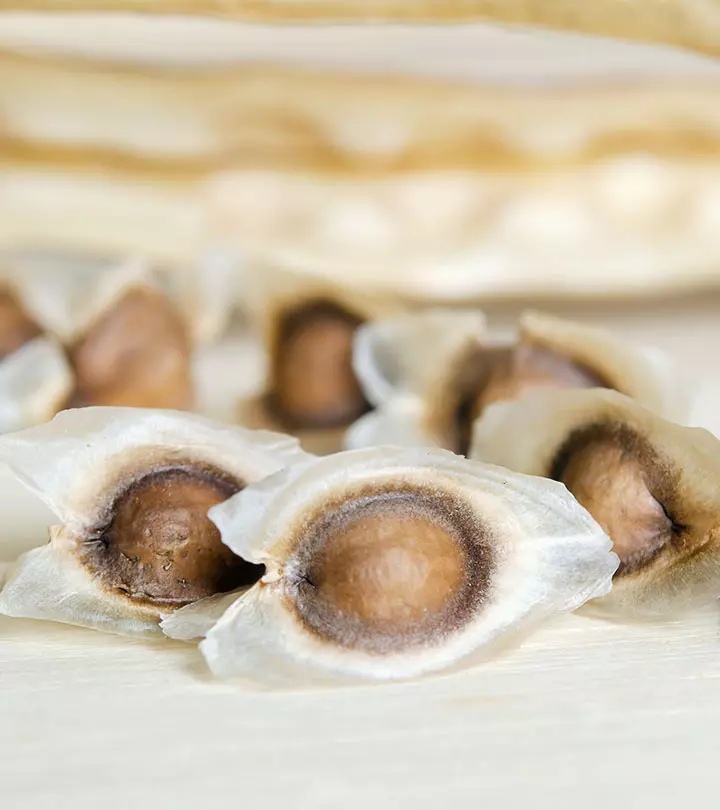


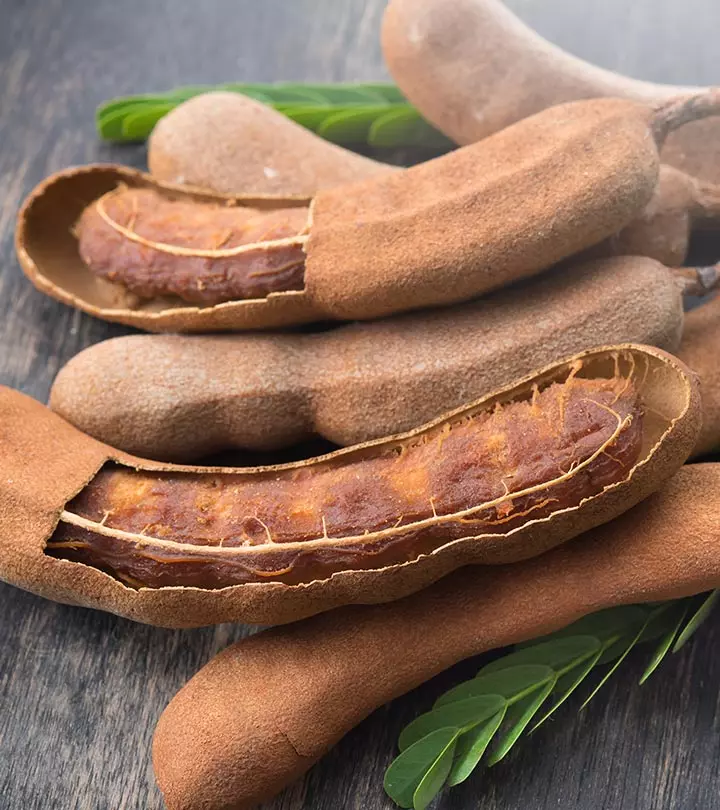

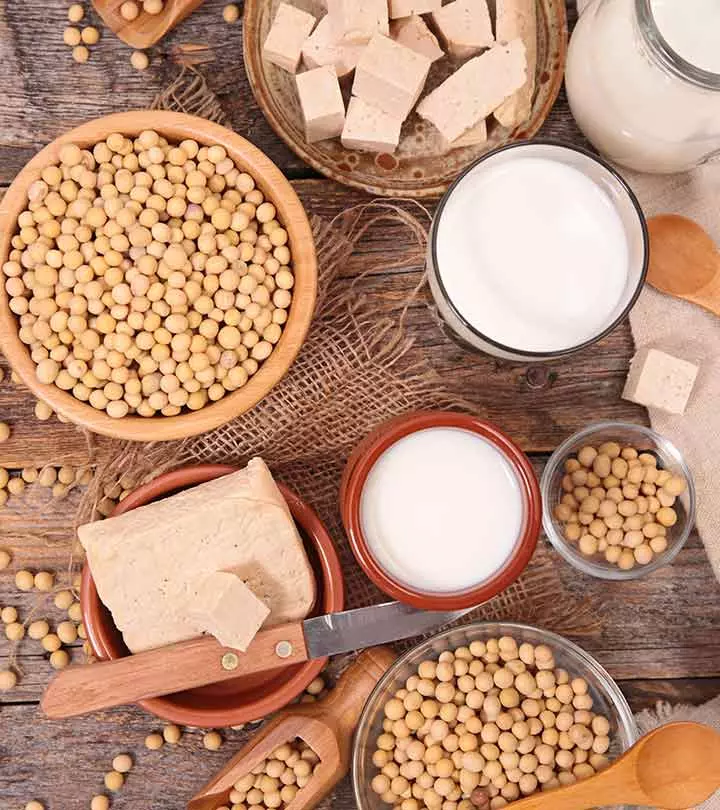
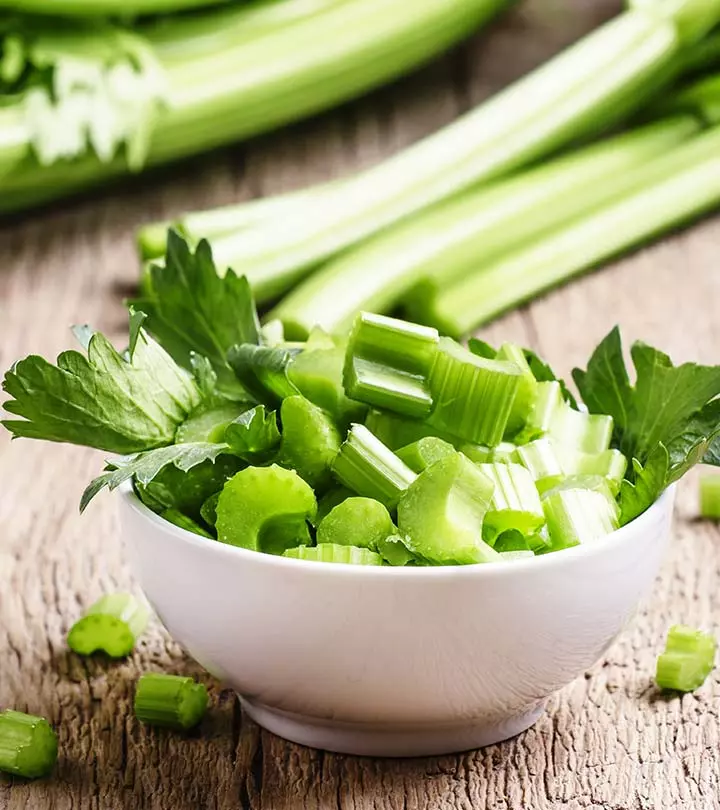




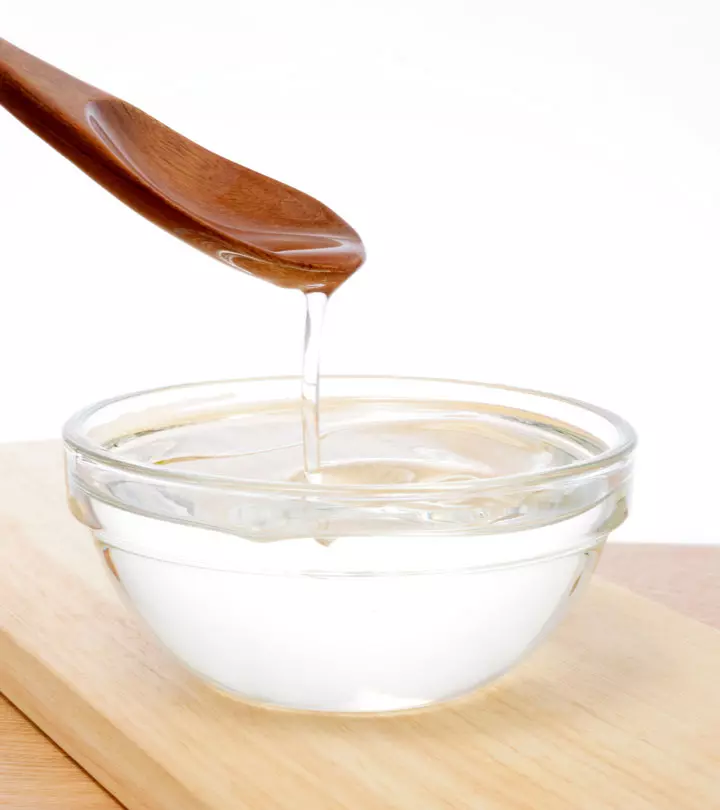

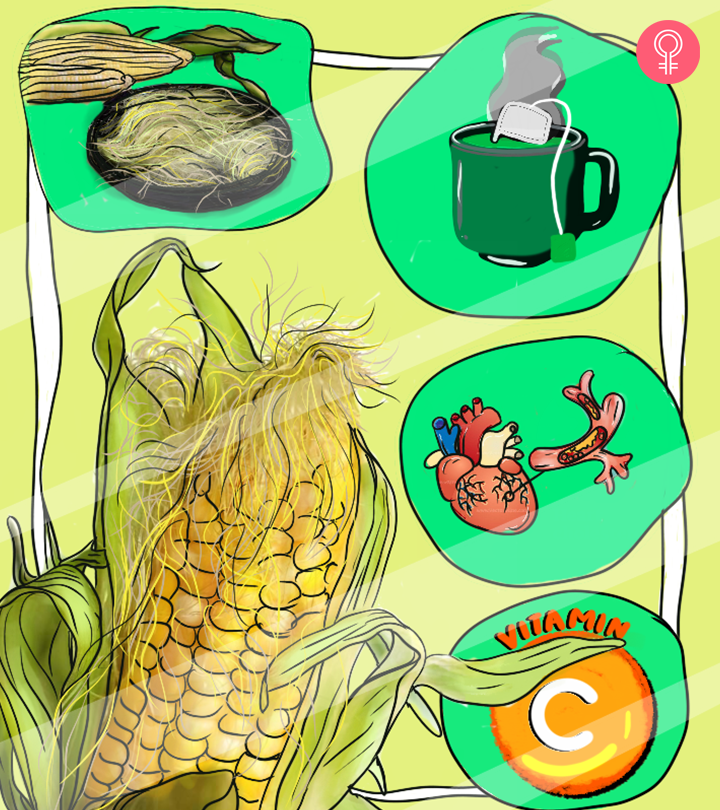


Community Experiences
Join the conversation and become a part of our empowering community! Share your stories, experiences, and insights to connect with other beauty, lifestyle, and health enthusiasts.